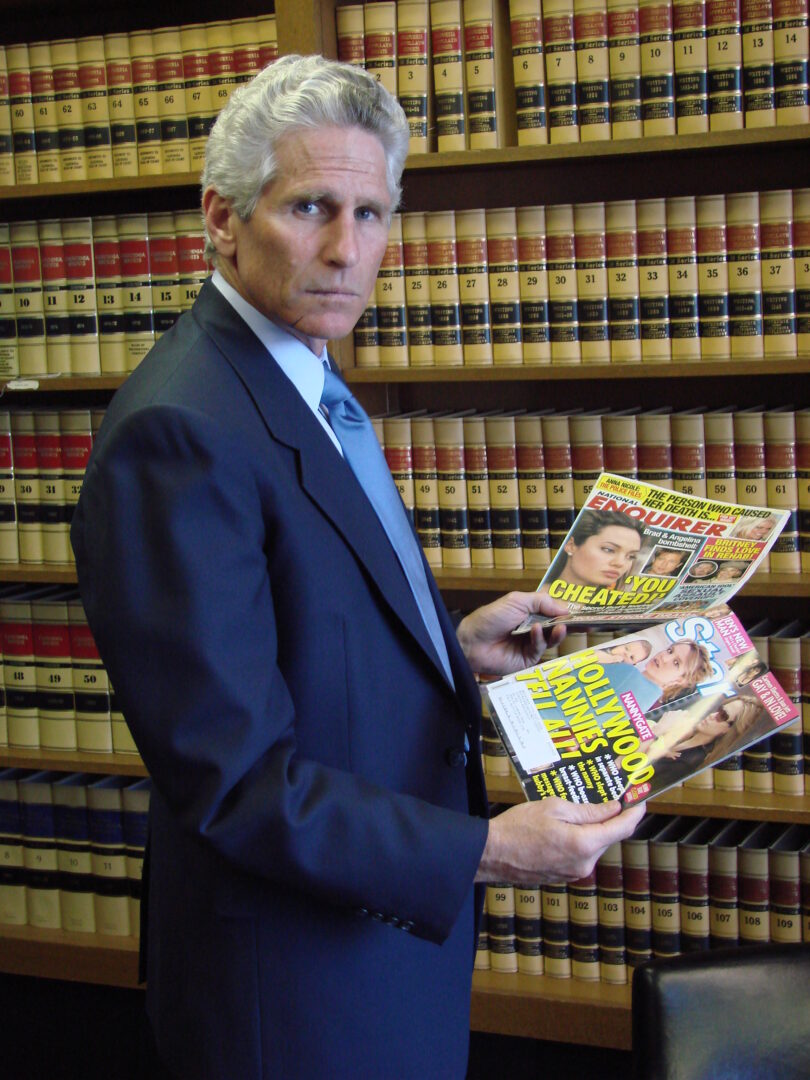
On September 8, 2023, the Fifth Circuit Court of Appeals ruled against the federal government officials for colluding with social media companies to suppress speech. The lawsuit claimed that the Biden administration were “allegedly working with tech giants such as Meta, Twitter, and Youtube to censor and suppress free speech, including truthful information, related to COVID-19, election integrity, and other topics, under the guise of combating ‘misinformation.’”
The Biden Administration argued that the social media platforms acted independently, and that communications by federal officials are protected “government speech”. However, the Fifth Circuit disagreed, holding that officials crossed the First Amendment line by coercing or significantly encouraging platforms to moderate content with threats of antitrust action and legal liability for user content.
The First Amendment protects free speech, but when an untrue statement causes real harm, defamation laws can step in. Defamation means a false statement that causes damage to a person’s reputation. Defamation can be a cause of great emotional distress in the nature of shame and abandonment by colleagues and friends. Defamation can also cause economic damages, particularly when it is related to a person’s business. There are two forms of defamation. Libel is defamation in writing and slander is spoken defamation.
If you believe you have been defamed, it is crucial that you contact an attorney right away due to the short statute of limitations for defamation in California. Contact us today at (650) 857-9000.


